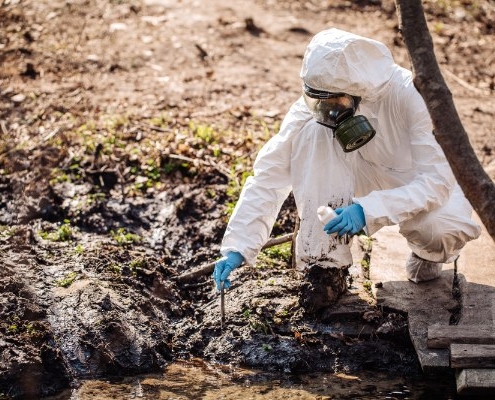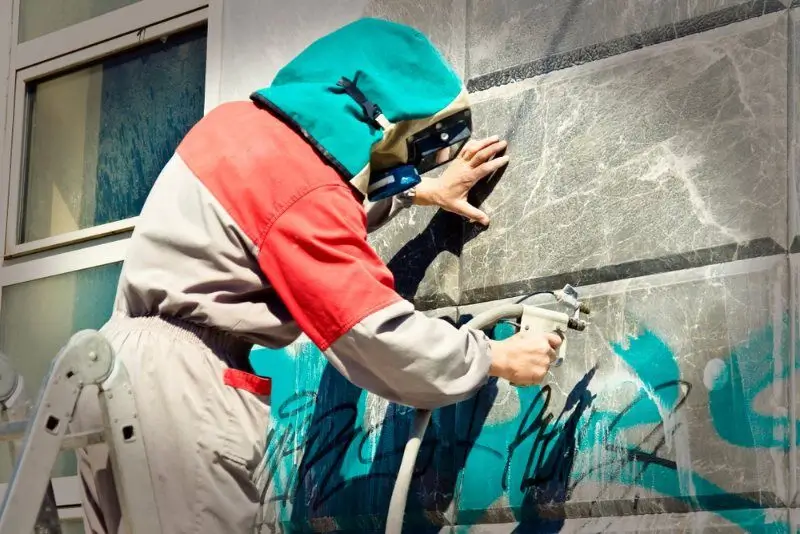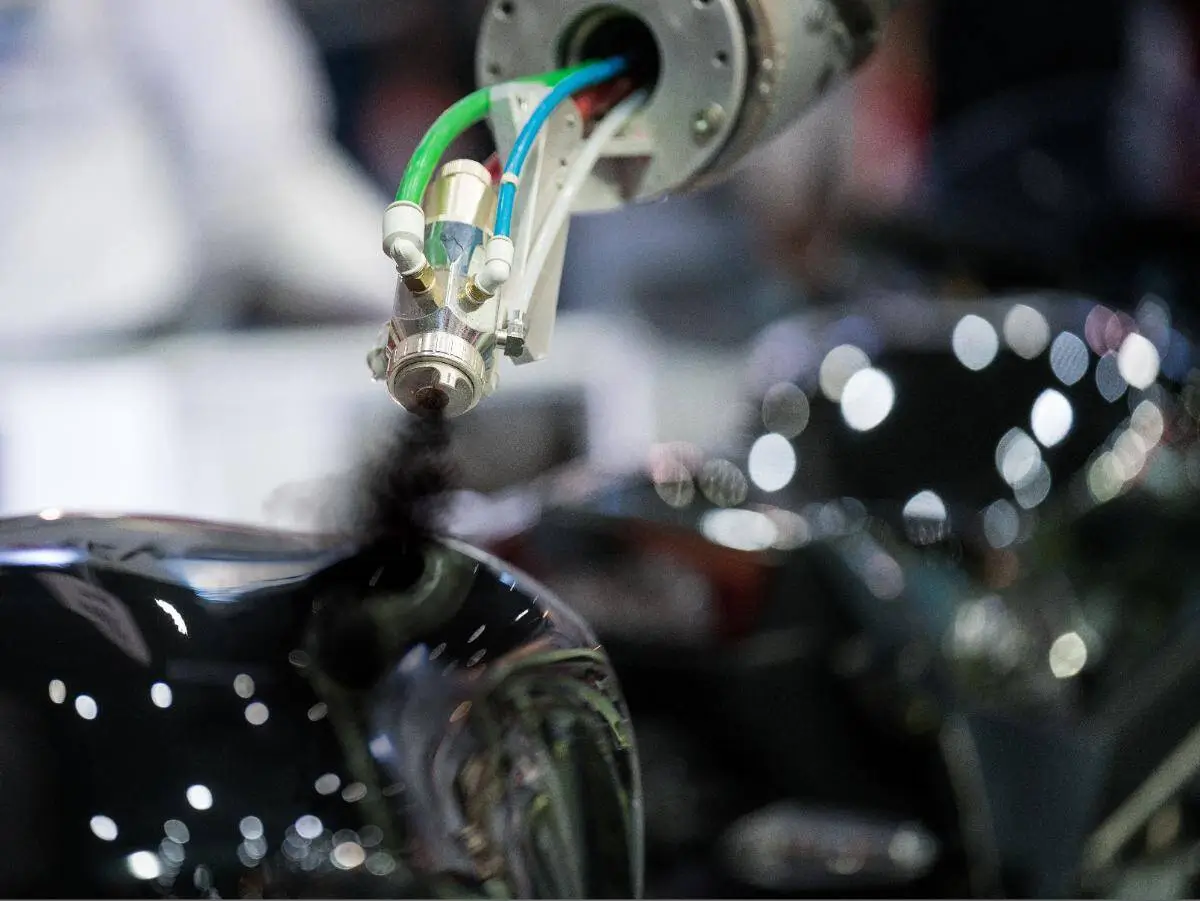Fuel-resistant coating for asphalt and concrete
Diesel, gasoline, oils and other chemicals can severely contaminate soil and groundwater. Solutions such as a thick layer of concrete and sealants to seal seams have proven ineffective in preventing soil and groundwater contamination.
The solution is to use a fuel-resistant coating that functions as a protective layer. Easy to apply and extremely effective. adhesives+coatings can provide a coating that not only prevents pollution, but also does not pollute itself. Read more about fuel-resistant coatings.
SOIL POLLUTION FROM FUELS, SUCH AS DIESEL AND GASOLINE, OILS AND OTHER CHEMICALS
Where diesel engines or vehicles are used, fuel can be unintentionally spilled into the ground. During maintenance, fueling, or accidents. For example, at gas stations, garages, shipyards, airports, factories, storage and transfer yards, and industrial sites.
Spills often occur on concrete or asphalt. For a long time, it was thought that fuels would not penetrate a thick layer of concrete. The edges of the concrete are sealed with a diesel and gasoline resistant coating. In places where fuel spills are almost inevitable, such as gas stations, double layers of concrete are often applied.
However, practical experience has shown that concrete does not stop fuels and other pollutants. Numerous studies show how contaminated the soil is around gas stations, industrial sites and other places where fuels are widely used.
Concrete and asphalt are porous materials. Without protection, fuels can penetrate the concrete and can cause corrosion. Not only of the top layer, but also in the concrete itself, which is not immediately visible to the naked eye. Harmful substances slowly penetrate the concrete and seep into the soil.
As a result, soil and groundwater are contaminated. Unwanted liquids can spread through the soil water, both at the surface and deep down. The surrounding water can no longer be used as drinking water, and trees, plants and animals can die. Even people in contaminated areas are not unaffected. Contaminated soil can cause cancer, cardiovascular disease, and other health problems.
Nature does not simply break down materials. Often, areas remain abandoned for long periods of time because they are not safe enough to live or work in. Remediation of soil contaminated by fuels, oils and chemicals is very complex and incredibly expensive. In short, once soil is contaminated, it is virtually irreversible.
FUEL RESISTANT COATINGS
To prevent soil and groundwater contamination, the concrete or asphalt must be treated with an impermeable coating. A coating specific to the situation. A variety of coatings can be used, including bituminous, epoxy or polyurethane coatings.
Since heavy loading of the concrete or asphalt is often involved, the following properties are required:
- The coating itself must be resistant to fuels and chemicals.
- The coating must be able to withstand heavy loads
- Must be wear resistant and long-lasting
- Must be able to withstand significant temperature changes
- The coating must be flexible to withstand the action of the concrete
- The coating must be able to be applied seamlessly to protect corners.
- It must be easy to connect to the previously coated surface when the space is rebuilt, expanded or modified.
In addition, there may be situation-specific requirements for the coating. For example, aesthetic requirements, fire safety requirements, ESD safety requirements, slip resistance and affordability.

ECO-FRIENDY FUEL-RESISTANT COATING SOLUTIONS
The coating is supposed to prevent damage to the environment. Of course, you also want to use a coating that is not harmful to the environment itself.
That’s why we can now offer a coating that is 100% effective at preventing diesel, gasoline, kerosene, oil and chemical leaks, and is also environmentally friendly.
We have found the solution in a water-based polyurethane coating. This coating lasts for at least 25 years, even in conditions where the concrete is heavily loaded.
The coating is easy to apply, even over expansion joints and transition joints. The coating has a degree of elasticity that prevents it from losing its effectiveness while the concrete is still working.
Finally, the coating is perfectly adaptable when the space in which it is applied changes. For example, if the workplace is redesigned. By slightly roughening the edges of the coating, you can match the new coating to the existing one.
WHAT ARE YOUR REQUIREMENTS FOR A FUEL RESISTANT COATING?
Are you looking for a fuel resistant coating to meet specific requirements or to be applied in a unique situation? We love challenges!
adhesives+coatings supplies several types of coatings. The environmentally friendly fuel resistant coating we supply can be adapted to your specific situation if required. We can help you find the right coating for your project. Please contact us to discuss your options.
What solution are you looking for?
We are specialized in the fuel resistant coating. Need the best products or advice? Then please leave your details and we will get in touch.


